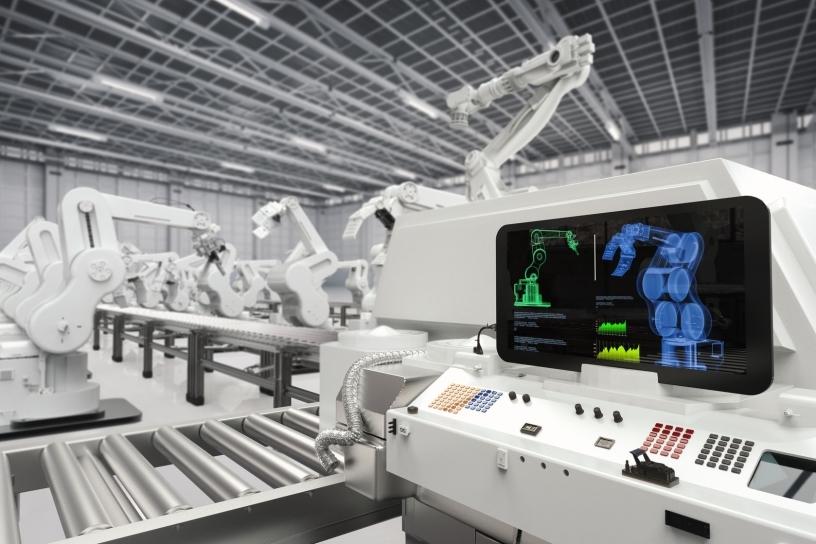
Around82% of global business leaders expect their workforce and artificial intelligence (AI) machines to work as integrated teams within the next five years. However they are divided on how these machines will impact the workforce of the future.
This is according to a report by Dell technologies titled Realizing 2030: The Next Era of Human-Machine Partnerships.
The study reveals that as we enter the next era of human-machine partnerships, business leaders hold a divided vision of the future of the workforce and the impact of incorporating AI technologies in the workplace.
"Half of the 3 800 global business leaders surveyed forecast that automated systems will free up their time, while the other 50% believe otherwise. Similarly, 42% believe they'll have more job satisfaction in the future by offloading tasks to machines, while 58% disagree. Leaders are divided in their view of the future and while some are optimistic, others view technology as a threat to job security," according to Dell.
The study forecasted that by 2030, emerging technologies will forge human partnerships with machines that are richer and more immersive than ever before, helping organisations surpass their limitations. Furthermore, organisations were united in the need to transform digitally, but felt that they were not moving fast enough, with only 27% of leaders who believe they are leading the way by ingraining digital in everything they do.
"You can understand why the business community is so polarised," explains Jeremy Burton, chief marketing officer of Dell Technologies. "There tend to be two extreme perspectives about the future: the anxiety-driven issue of human obsolescence or the optimistic view that technology will solve our greatest social problems. These differing viewpoints could make it difficult for organisations to prepare for a future that's in flux and would certainly hamper leaders' efforts to push through necessary change."
The latest PwC Global CEO Survey shows that while only 18% of CEOs globally expect to reduce their headcount in 2018 as a result of rapid technology advancements, the same can't be said for SA.
According to the findings, 41% of CEOs in SA expect to reduce their headcount in the next year. Two-thirds of the executive leaders expressed this is mainly due to automation and other technologies.
Cameron Beveridge, director of cloud at SAP Africa, believes that in the advent of the fourth industrial revolution, business leaders and human resources practitioners face a challenging but exciting time.
"Technologies such as machine learning and predictive analytics will become core to how the working world attracts, retains, and rewards top talent. Emerging technologies will not take over the role of the human workforce but rather free up our time and remove mundane repetitive work that can be done better, with less error, by machines. This will allow us to be more creative and strategic in our work roles. AI will help us to deal with massive volumes of data generated by wearable devices and apps etc. which machines will support in managing and analysing data allowing us to respond quickly," he explains.
Discussing whether or not AI represents an opportunity or a threat to employees, Beveridge points out it all depends on the workforce.
"The big challenge in Africa with our current education situation is that we don't have STEM skills to participate at this level. Employees without the necessary STEM education skills are at risk of being excluded," he notes.
Share